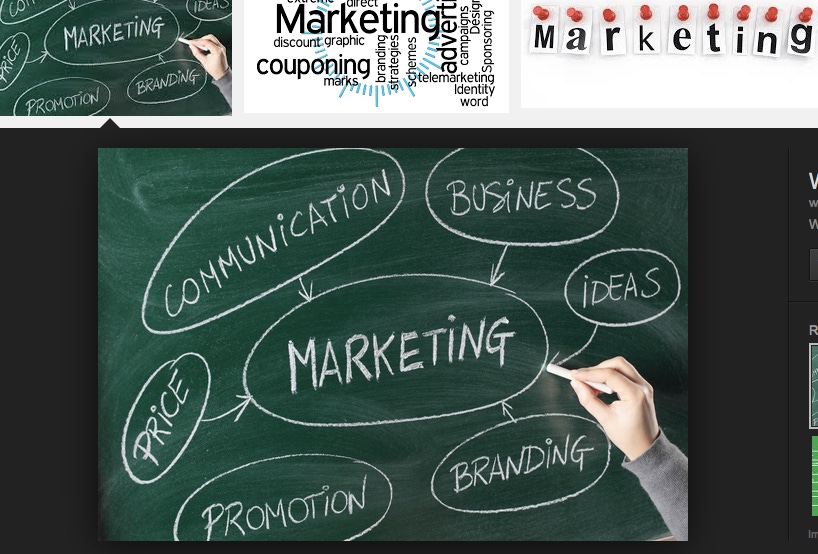In a crowded market, effective marketing can help a company stand apart from its rivals. But for many hard-core techies, that notion still remains a hard sell.
June 3, 2016

By Charles Cooper 1
 In a crowded market, effective marketing can help a company stand apart from its rivals. But for many hard-core techies, that notion still remains a hard sell.
In a crowded market, effective marketing can help a company stand apart from its rivals. But for many hard-core techies, that notion still remains a hard sell.
Engineers and marketers often have an arms length relationship and sometimes even clash over their respective contributions to the success of their companies. The narrative handed down to us over the years is that technology companies achieve their success due to great hardware and software, not because they market their way into winning contracts.
The caricature ignores the more nuanced reality of technology competition – especially when it comes to cloud computing: This is a market where customers are far less impressed by speeds and feeds and more keen to know how a particular solution is going to make them more efficient. When it comes to the cloud, there’s no such thing as a ‘one size fits all’ approach to serving customers. So explain how you will customize your services and design solutions that fit a client’s’ specific needs.
Rise above the Noise
A smart marketing campaign needs to communicate the value-add that an MSP provides. That conversation should involve a jargon-free, content strategy about the company, its solutions and its ability to tailor solutions to a business’s particular needs. For MSPs with roots as value added resellers, this is a familiar challenge that they learned to navigate in the pre-cloud era. For those MSPs started more recently by entrepreneurs with more technical backgrounds, they can get up to speed rapidly.
Make this about you. The marketing conversation around managed services is very different from one where a VAR might position itself based around the line of vendor products. Not here. Few prospective customers will be impressed that an MSP is a cloud developer’s “Gold Partner.” Also, a lot of your competitors use the same products so there’s nothing unique. Keep the message focused on your solutions, not your vendor affiliations. Demonstrate how you understand your clients and their challenges better than anyone else.
Invest in a content strategy that explains the company’s value. Readers are smart and will tune out if you churn out meaningless self-promotions. Add useful content to your website and email that customers will find helpful as they consider a possible move to the cloud, including white papers, blogs, webinars, video and customer case studies. Thought leadership pieces from you and your executive time will help establish your company as a source of smart market and industry analysis. At the same time, invest in a good web site design so that prospective customers can learn about the company and get in touch easily. It’s a cliche’ but it’s also true: content is king.
Multilateral engagement is vital. Reach out to customers on whatever digital channels they prefer. Don’t waste time with overly broad “spray and pray” campaigns that don’t offer value to your readers. In tomorrow’s marketing world, brand engagement will require companies to reach out to their customers with tailored messages in their favored mode of communication. Leads can come from websites, mobile engagement or email. Make sure you’re on top of all three.
Social networking is a great way to promote the company and its brand. Post links to blogs and news that refer back to articles about cloud computing on your website.
The more specific, the better. Generic won’t excite anyone so the more vertical you can go, the more your marketing pitch will stand out. Delivering a defined message to a targeted audience is your best chance to generate qualified leads.
This content is underwritten by VMware — and is editorially independent. It is produced in accordance with conventional standards of business journalism.
Charles Cooper is an award-winning freelance author who writes about business and technology. During his 30-plus year career, he has worked as an executive editor at several leading tech publications including CNET, ZDNet, PC Week and Computer Shopper.
You May Also Like
